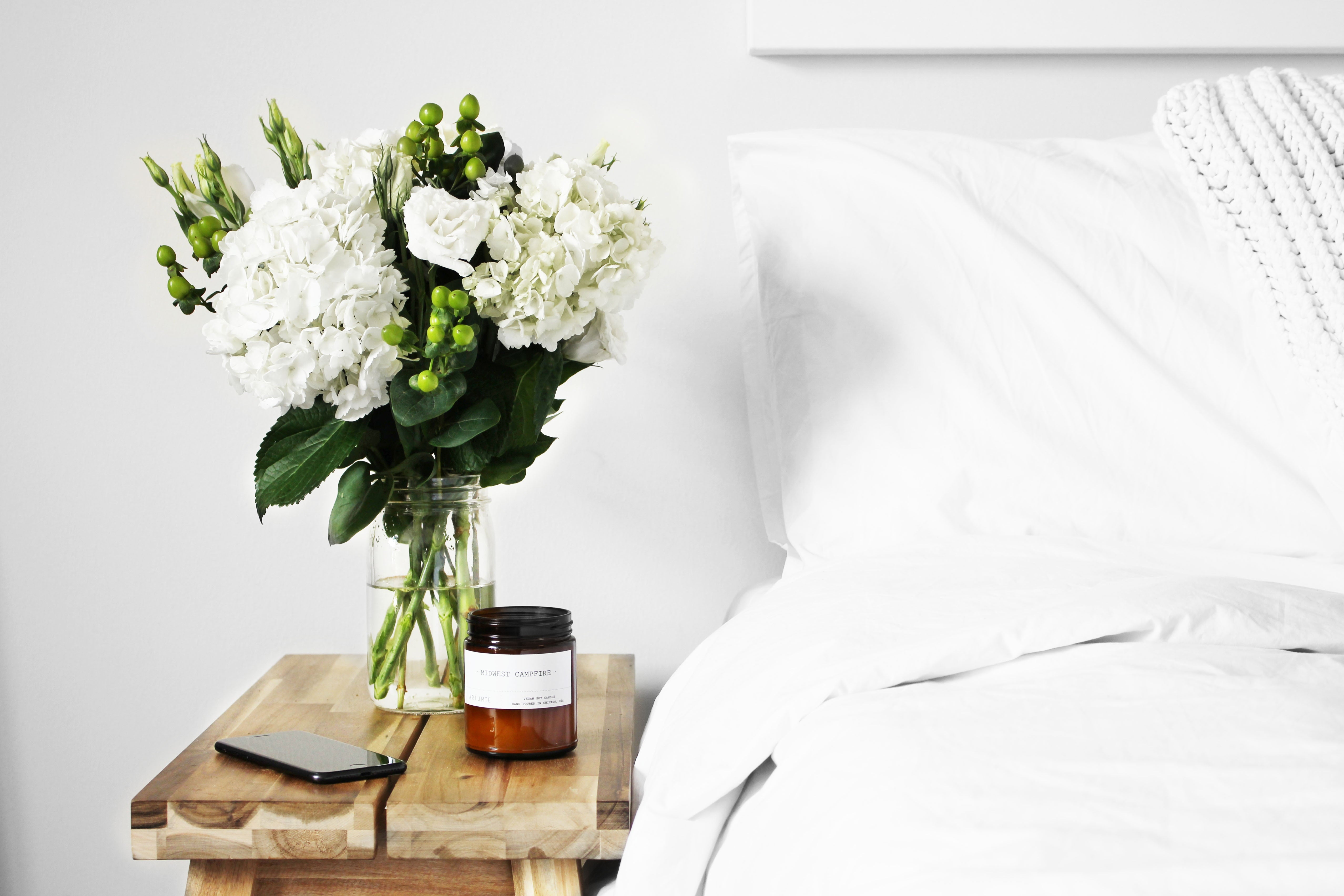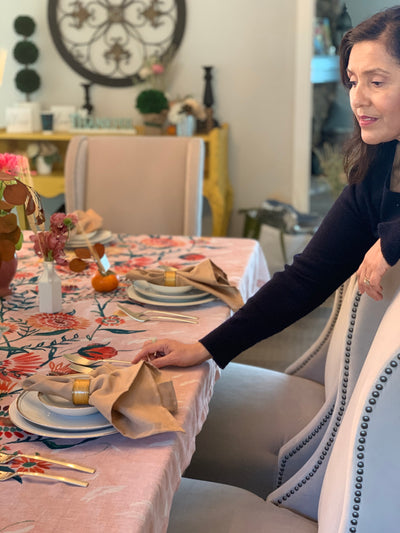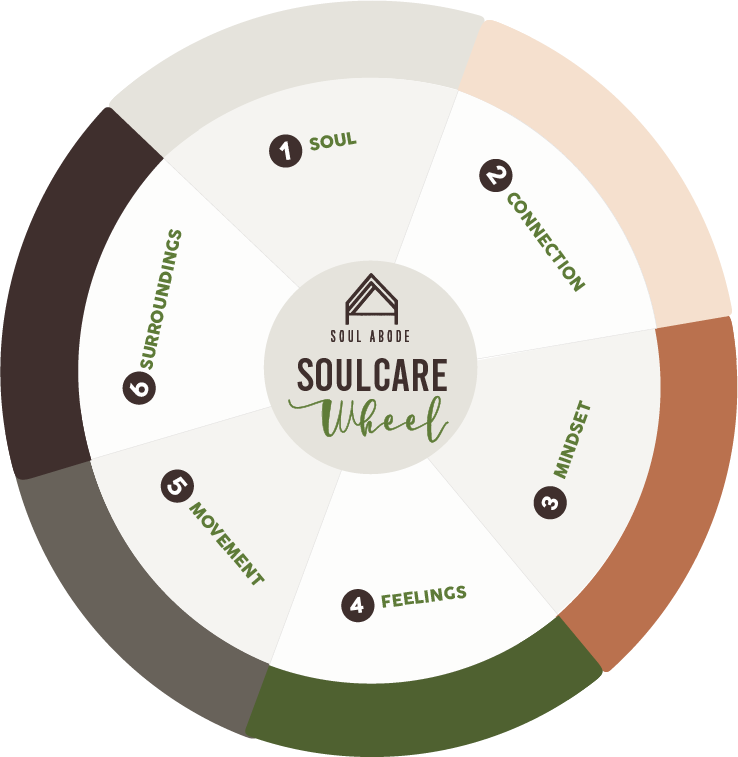Creating A Sleep Sanctuary

Sleep is vital to our health and well-being. Statistics show that we spend one-third of our life asleep so the overall state of your sleep health will have an effect on your total lifespan. How much sleep do you really need? And what is the best environment that needs to be created so that you actually sleep when you lay down and close your eyes? Most of know that eight hours is the recommended amount of sleep we should be getting, but we don’t make it a priority.
If you are like most American’s you’re lucky to get five or six hours of uninterrupted rest. Lifestyle factors and stress contribute to a deficit known as “sleep debt”. This “sleep debt” continues to accrue over a period of time and eventually catches up with us. Sleep is the one thing that you can’t really catch up on. With twenty-four-hour stimulation from smartphones, chiming apps, buzzing text messages, shift work, external lights, and outside noise; it’s no wonder our circadian rhythms are out of balance.
Circadian rhythms are naturally produced physical, mental, and behavioral changes in the body that follow a daily cycle. They respond primarily to light and darkness in our environment. Falling asleep at night and waking up in the morning to the sunlight is an example of a light related circadian rhythm. The main factor that influences circadian rhythm is daylight.
When we are exposed to light, our genes that control our biological clock are either turned on turned off. When the light-dark cycle is changed a host of biological mechanisms are disrupted. Besides the sleep-wake cycle, circadian rhythms can also influence hormone release, eating habits and digestion, body temperature, and other important bodily functions. Biological clocks that run fast or slow can result in disrupted or abnormal circadian rhythms. Irregular rhythms have been linked to various chronic health conditions, such as sleep disorders, obesity, diabetes, depression, bipolar disorder, and seasonal affective disorder.
The idea of getting your beauty may sound cliché, but science has shown that aging also affects our circadian rhythm; and age-related changes such as sleep fragmentation, frequent drowsiness and insomnia have been shown to be detrimental in the context of aging. According to the American Academy of Sleep Medicine one night of partial sleep deprivation activates gene expression that contributes to the accumulation of damage that initiates cell cycle arrest and increases susceptibility to cellular senescence.
These findings causally link sleep deprivation to the etiology of biological aging, and further supports the hypothesis that sleep deprivation may be associated with elevated disease risk because it promotes molecular processes involved in biological aging. This means the less sleep you get the faster you are aging. This might not seem like a big deal, but decades of research show that skipping out on a night’s rest lower’s your immunity and has the potential to bring on a lot of other diseases like heart disease, obesity, stroke, cancer and early-Alzheimer’s.
Developing sleep rituals and creating an ideal environment to support the Surroundings of the Soul Care Wheel will help us to thrive. If we start to see our bedroom as a sanctuary for sleep, we can intentionally focus on preparing for sleep and increase longevity because the quality of our sleep affects our total life span. Here’s a few tips to help you create a sleep sanctuary and get the shut eye you want and need:
- Declutter your room. A cluttered room will prevent you from recharging and resting because it can consciously or unconsciously create anxiety around what you are visually seeing. Remember this, any mess promotes stress.
- Turn down the heat before you go to sleep and try to keep the temperature at 65 degrees. If the room is too hot, it will interfere with your circadian rhythm’s effect on regulating your body temperature and prevent you from sleeping.
- Bright like acts as a natural alarm clock in the morning, but inhibits melatonin production at night. Melatonin is the hormone that helps to kick off the sleep cycle in the body. Block out the light with shades or curtains. This includes the light from the television. Better yet, take the television out of your bedroom.
- Diffuse lavender essential oil in your bedroom before you lay down. Lavender is well known for its sleep-inducing qualities for people that struggle with sleep disorders. Lavender interacts with our neurotransmitters GABA to help calm the brain and nervous system and reduce anxiety, nervousness, tension and restlessness. You can even add a few drops to your bath water and soak before bedtime.
- Invest in a good mattress to support the ideal sleeping position. The right mattress will prevent your body from sinking in the hip area and promote relaxation in the back area. If money is tight, invest in a memory foam topper to create more comfort.
- To maintain proper alignment, invest in a good pillow. If you have to fold it in half to get support, it needs to be tossed. Pillows have a lifespan of 18-24 months. Choose a thicker pillow if you sleep on your side, a thinner pillow if you sleep on your stomach and a medium sized pillow if sleep on your back. Make sure you get a hypoallergenic version if you have allergies.
- Invest in quality sheets. When shopping around for sheets, you’ll notice that there are several different threads counts, weaves and materials to choose from. These all contribute to the warmth and softness of the sheets, and choosing the ideal bed sheets depends on the type of sleeper you are.
- Modify your bedding to algin with the change of seasons. Since temperature’s vary, give extra warmth and weight to the bed with light blankets and throws in the spring and summer and a warm duvet or heavy down comforter during the fall and winter months.
- Color has an effect on your mood. Paint your bedroom withs soft pastel colors or choose a bright white to induce relaxation. Choose bedding that have a neutral or cool color palette to help keep you calm and grounded. Any stimulating décor or colors should be removed from the room.
- Mentally disengage from the day and remove all electronics from your bedroom and stop using all electronics one hour prior to getting in bed.
- Get a white noise machine. White noise machines can help to mask out outside noise and distracting sounds that interfere with your rest and help you fall into a deeper sleep faster.

Jennifer McDaniel
Jennifer McDaniel is a well being strategist, ICF accredited professional coach. She has 25+ years of experience as a professional speaker, corporate trainer and a learning development leader in the beauty, health and wellness space.
Read MoreRelated Articles

Sign-up for our newsletter
By clicking "sign up," you agree to receive emails from Soul Abode and accept our web terms of use and privacy and cookie policy.




